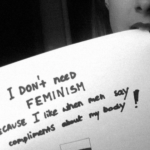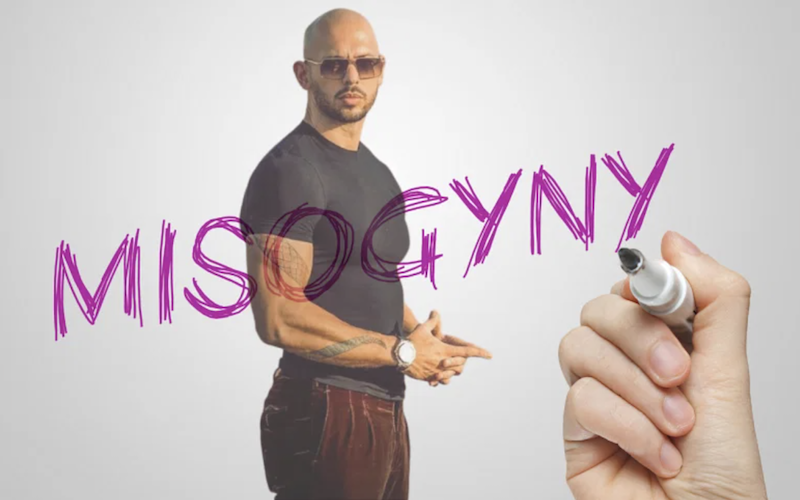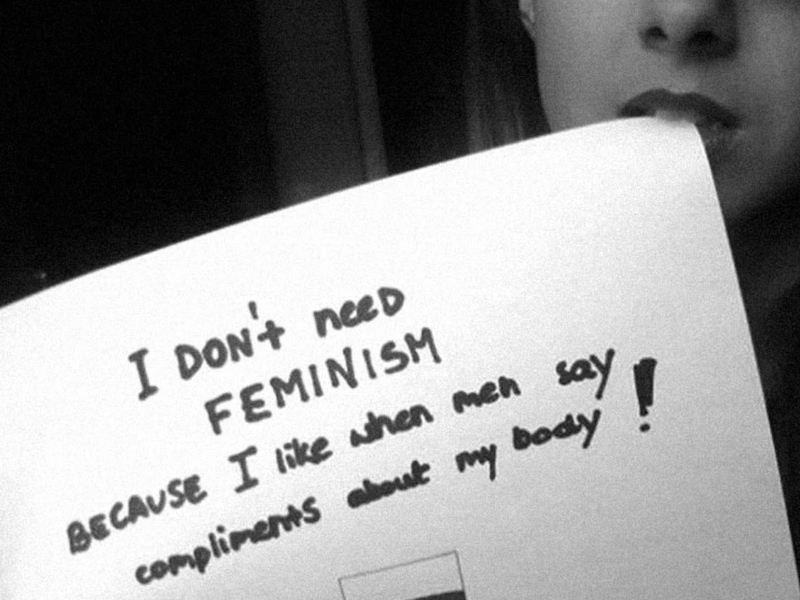Sexual assault is a heinous crime that affects millions of individuals worldwide, with women being disproportionately targeted. Despite progress in raising awareness and addressing the issue, victim-blaming continues to persist, perpetuating harmful stereotypes and placing the burden of responsibility on survivors. One particularly disturbing aspect of victim-blaming is the scrutiny placed on women’s clothing choices. This article delves into why it is imperative to dismantle this mindset and focus on the real problem: sexual assault itself.
The Danger of Victim-Blaming
Victim blaming is a societal response rooted in deep-seated biases and misconceptions about sexual assault. It manifests in various forms, one of which is the judgment of women’s clothing. This flawed line of reasoning implies that women who dress provocatively or in a certain way are “asking for it,” thus shifting the blame from the perpetrator to the survivor. Such attitudes not only perpetuate harmful stereotypes but also reinforce the notion that sexual assault is somehow an inevitable consequence of women’s choices.
The Myth of Provocation
One prevailing misconception that needs to be debunked is the idea that revealing clothing or provocative attire invites sexual assault. This notion suggests that women are responsible for preventing their own victimization, placing the onus on them rather than addressing the behavior of potential perpetrators. However, it is crucial to emphasize that clothing choices have no correlation with an individual’s consent or the right to bodily autonomy. Sexual assault is about power and control, not clothing.
Clothing as an Expression of Individuality
Women’s clothing choices are a form of personal expression, and they should be respected as such. Fashion allows individuals to express their creativity, personality, and individuality. It is essential to cultivate a society that values diversity and does not impose judgment based on outward appearances. By celebrating sartorial freedom, we create an environment that respects the rights and choices of all individuals, regardless of their gender or clothing preferences.
The Burden of Responsibility
Placing blame on survivors based on their clothing choices only serves to perpetuate the culture of silence around sexual assault. It discourages survivors from reporting the crime, fearing that their credibility will be undermined and their character questioned. It is crucial to remember that the responsibility for sexual assault lies solely with the perpetrator, not the survivor. By shifting the focus away from women’s clothing choices, we can encourage survivors to come forward, seek justice, and begin the healing process.
Changing the Narrative
To combat victim-blaming, we must collectively challenge societal norms and reframe the dialogue surrounding sexual assault. Education plays a vital role in dismantling harmful attitudes and misconceptions. It is essential to educate people about consent, boundaries, and the importance of treating others with respect. By promoting empathy and understanding, we can foster a culture of consent, where sexual assault is unequivocally condemned, regardless of external factors such as clothing.
Supporting Survivors
Instead of scrutinizing survivors’ clothing choices, it is crucial to provide them with the support and resources they need. This includes access to trauma-informed care, counseling services, and legal assistance. It is imperative to create safe spaces where survivors can share their experiences without fear of judgment or further victimization. Society must prioritize empathy, understanding, and solidarity to help survivors on their healing journey.
It is high time we stop victim-blaming and recognize that women’s clothing should never be a focal point in sexual assault cases. By shifting the blame from survivors to perpetrators, we can work toward a society that fosters empathy, respect, and consent. Sexual assault is a serious crime that affects individuals from all walks of life, regardless of their clothing choices. Let us stand united in support of survivors, break the cycle of victim-blaming, and create a safer, more inclusive world for all.
















